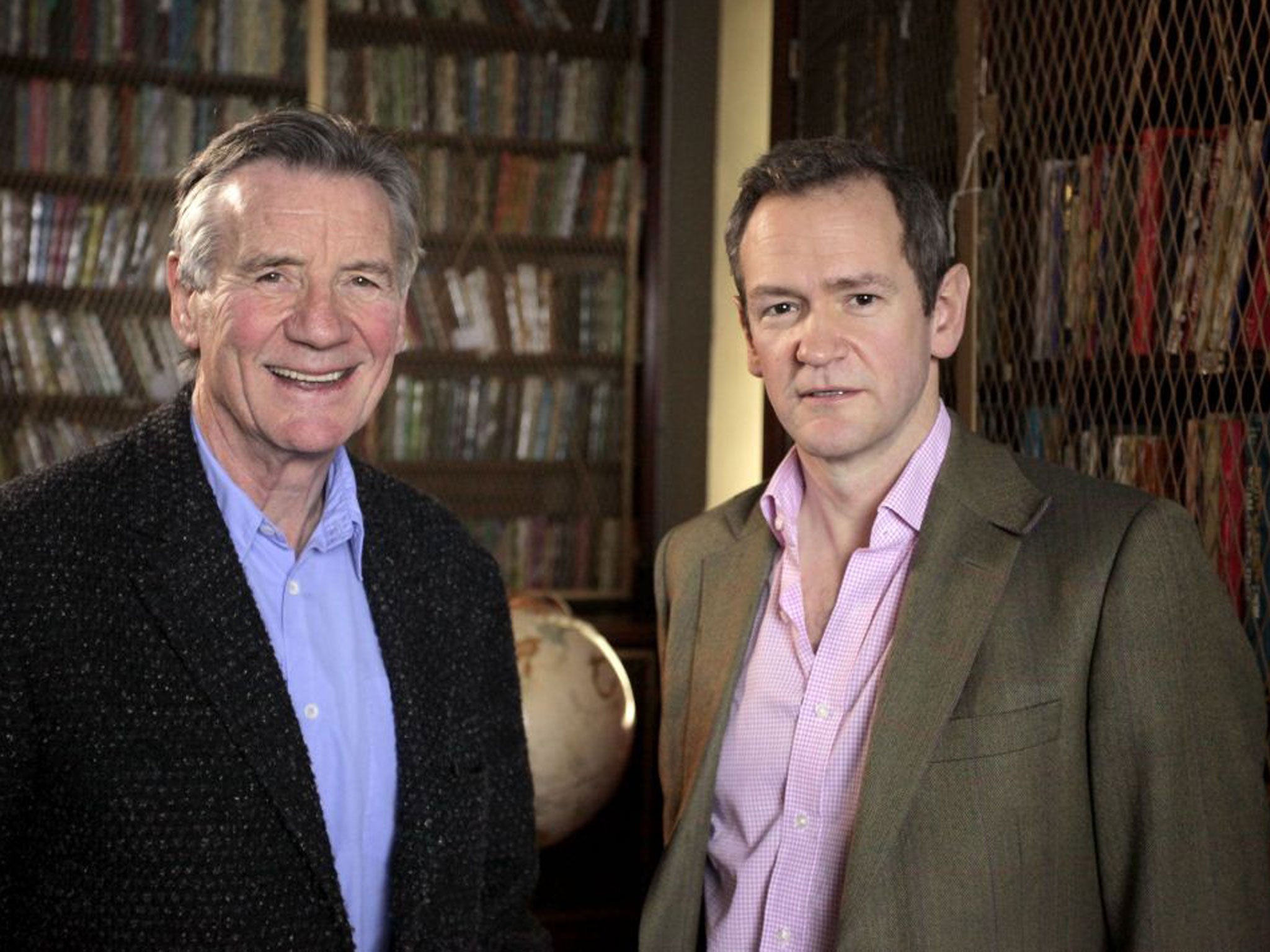Alexander Armstrong's Real Ripping Yarns, TV review: This look back at Boy's Own Britain isn't so spiffing

Your support helps us to tell the story
From reproductive rights to climate change to Big Tech, The Independent is on the ground when the story is developing. Whether it's investigating the financials of Elon Musk's pro-Trump PAC or producing our latest documentary, 'The A Word', which shines a light on the American women fighting for reproductive rights, we know how important it is to parse out the facts from the messaging.
At such a critical moment in US history, we need reporters on the ground. Your donation allows us to keep sending journalists to speak to both sides of the story.
The Independent is trusted by Americans across the entire political spectrum. And unlike many other quality news outlets, we choose not to lock Americans out of our reporting and analysis with paywalls. We believe quality journalism should be available to everyone, paid for by those who can afford it.
Your support makes all the difference.In their post-Python years, Michael Palin and Terry Jones made two series of a comedy called Ripping Yarns for the BBC. The episodes featured devil-may-care spies, public school bullies, swarthy foreigners and "a whole host of mad colonial characters from a long-lost era".
If you don't remember that, you definitely won't remember the pre-Second World War Boy's Own-type literature that inspired Ripping Yarns, but both show and books were source material for last night's BBC4 documentary, Alexander Armstrong's Real Ripping Yarns. It was two nostalgia trips for the price of one.
This could easily have been just a rehash of jingoistic values, without the mitigating Python silliness – and sometimes it was – but Real Ripping Yarns also provided a novel lens though which to view a major change in British culture.
In interview, Palin and Jones reflected on their own childhoods in a pre-"stranger danger", pre-health-and-safety Britain where risk-taking was celebrated and fresh air was every child's right. On the other hand, there was brutal corporal punishment, sexual repression and rampant xenophobia.
It's entirely understandable that presenter Alexander Armstrong would be more inclined to focus on the Britain lost than the Britain gained. He often seems to have stepped directly off the pages of one of Captain W E Johns' Biggles books, himself. But Real Ripping Yarns might have transcended amiable nostalgia and become an insightful cultural history, if only it had also included some acknowledgement of the people this sentiment excludes. It was as if women and the state-educated never even existed at all.
Join our commenting forum
Join thought-provoking conversations, follow other Independent readers and see their replies
Comments